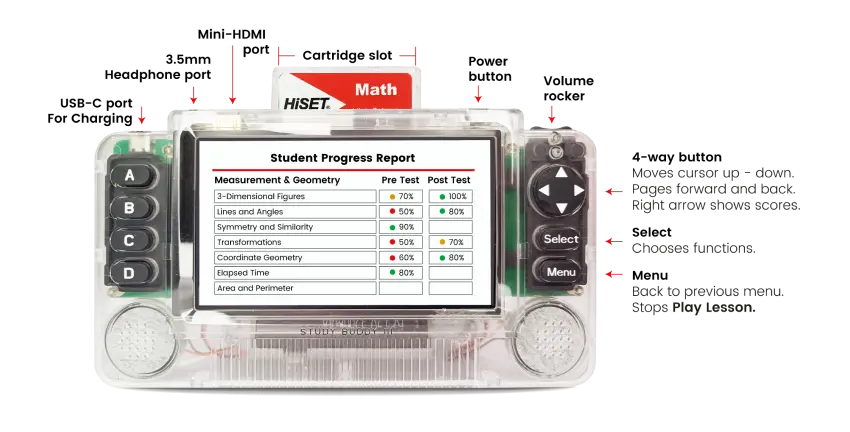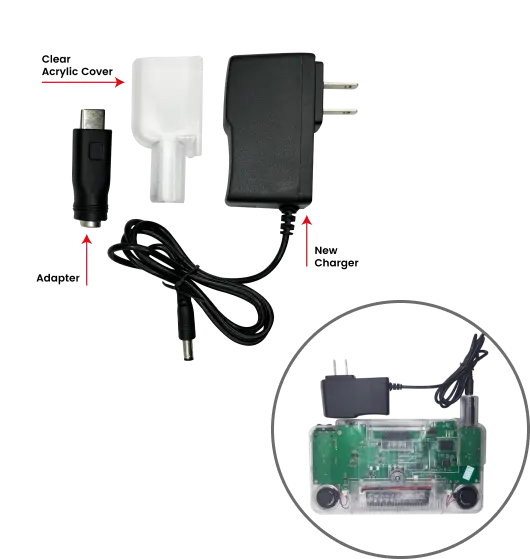The Importance of Correctional Education: Exploring how education programs can reduce recidivism rates.
In the pursuit of reducing recidivism rates and fostering successful reintegration into society, the role of education within correctional facilities cannot be overstated. While incarceration serves as a form of punishment, it also presents a critical opportunity for rehabilitation. Education, in particular, stands out as a powerful tool for empowering individuals to transform their lives and break free from cycles of crime.
The Impact of Education on Recidivism Rates
Research Insights: Education’s Link to Reduced Reoffending
Research consistently demonstrates a strong correlation between education and reduced recidivism rates. According to a study by the RAND Corporation, inmates who participate in correctional education programs are 43% less likely to return to prison within three years compared to those who do not participate. These findings underscore the transformative impact of education on individuals’ lives and society as a whole.
Understanding the Statistics: How Education Empowers Change
One of the primary benefits of correctional education lies in its ability to equip individuals with the knowledge, skills, and resources necessary to navigate life beyond prison walls. By providing access to academic instruction, vocational training, and literacy programs, correctional facilities empower inmates to pursue meaningful employment opportunities upon release. This, in turn, reduces reliance on criminal activities as a means of survival and promotes economic stability.
Empowering Individuals Through Education
Equipping Inmates for Success: Academic Instruction and Vocational Training
Moreover, education fosters personal growth and development, instilling a sense of purpose and self-worth in individuals who may have previously felt marginalized or overlooked by society. By engaging in educational pursuits, inmates gain confidence, critical thinking skills, and a renewed sense of hope for the future. Education serves as a pathway to empowerment, enabling individuals to envision and strive for a better life beyond their past mistakes.
Breaking Down Barriers: The Role of Literacy Programs
Beyond its direct impact on individuals, correctional education contributes to safer communities and reduced taxpayer burden. By lowering recidivism rates, education programs help alleviate the strain on criminal justice systems and reduce the societal costs associated with repeated incarceration. Investing in education for incarcerated individuals is not only a morally sound decision but also a pragmatic approach to fostering long-term societal wellbeing.
Overcoming Obstacles: Addressing Barriers to Access
However, despite the proven benefits of correctional education, access to such programs remains limited in many jurisdictions. Budget constraints, logistical challenges, and systemic barriers often hinder efforts to expand educational opportunities within correctional facilities. Addressing these challenges requires a concerted effort from policymakers, prison administrators, educators, and community stakeholders to prioritize and invest in education as a fundamental component of rehabilitation.
Last thoughts…
The importance of education in rehabilitation cannot be understated. By providing inmates with access to quality education programs, we not only invest in their individual futures but also contribute to safer, more prosperous communities. It is time to recognize education as a powerful catalyst for change within the criminal justice system and to take proactive steps to ensure that all individuals have the opportunity to unlock their full potential, both during and after incarceration.
Discover our alternative
education pedagogy
Embracing the proven impact of correctional education programs in reducing recidivism rates and enhancing post-release employment opportunities, our initiative is committed to cultivating an environment that inspires positive transformation.
Enhance the knowledge, skills, and abilities of your adult students through an initiative that transcends conventional educational approaches. You can shape a correctional environment that not only elevates academic performance but also lays the foundation for an improved trajectory post-release.
Meet the Study Buddy
Study Buddy is a dedicated-purpose teaching and learning mobile device. This teacher-tested device works with cartridges for each subject and does not require an internet connection.
Remember that all of our educational resources (High School Equivalency, Pathfinders, Mechanics & Achiever!) can be delivered on this mobile device!


Secure Charge Kit
This kit ensures the security of your device and provides peace of mind, allowing your inmates to focus on their studies without worrying about potential tampering or unauthorized usage. It includes:
1. Adapter: The kit includes an adapter that allows you to convert the USB-C connector into a unique plug, making it incompatible with unauthorized devices.
2. Clear Acrylic Cover: A clear acrylic cover is included, securely “super-glued” into the body of the Study Buddy. This cover acts as an extra layer of protection, ensuring that the charging port remains tamper-proof.
3. New Charger: Alongside the adapter and cover, we provide a charger designed exclusively for your Study Buddy. This charger has limited value for charging other devices, so you can have peace of mind knowing that it won’t be used for unauthorized purposes.
Which educational resources align with the Correctional Education initiative?
Meet Our Satisfied Clients

“Study Buddy serves in the most challenging situations, particularly for offenders in restrictive housing. They contribute to reducing recidivism and promoting attitudes of achievement. They save time and money where tutors would traditionally be required.”
– Mandy Hustedde, Supervisor of Education, FCI Greenville